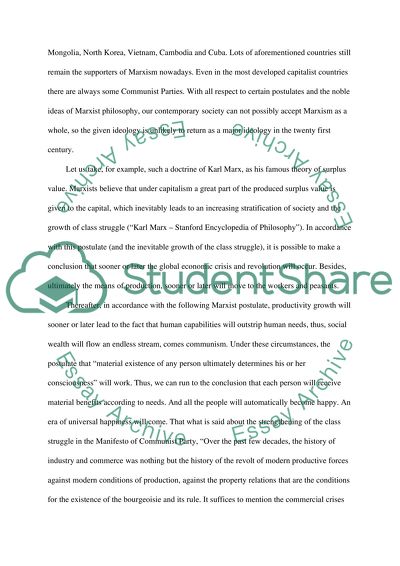Cite this document
(“Marxism as a major ideology in the 21st century Essay”, n.d.)
Retrieved from https://studentshare.org/politics/1424301-marxism-as-a-major-ideology-in-the-21st-century
Retrieved from https://studentshare.org/politics/1424301-marxism-as-a-major-ideology-in-the-21st-century
(Marxism As a Major Ideology in the 21st Century Essay)
https://studentshare.org/politics/1424301-marxism-as-a-major-ideology-in-the-21st-century.
https://studentshare.org/politics/1424301-marxism-as-a-major-ideology-in-the-21st-century.
“Marxism As a Major Ideology in the 21st Century Essay”, n.d. https://studentshare.org/politics/1424301-marxism-as-a-major-ideology-in-the-21st-century.


